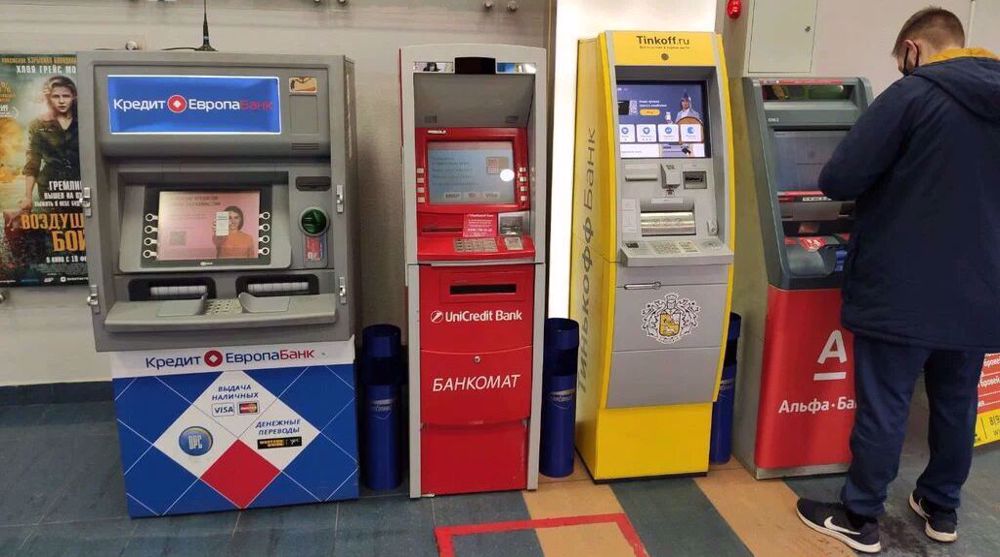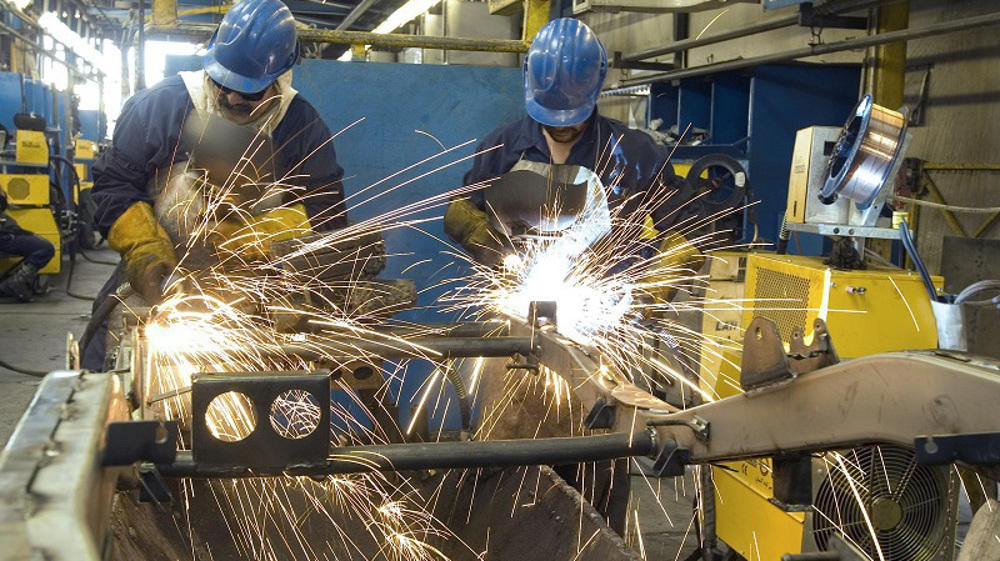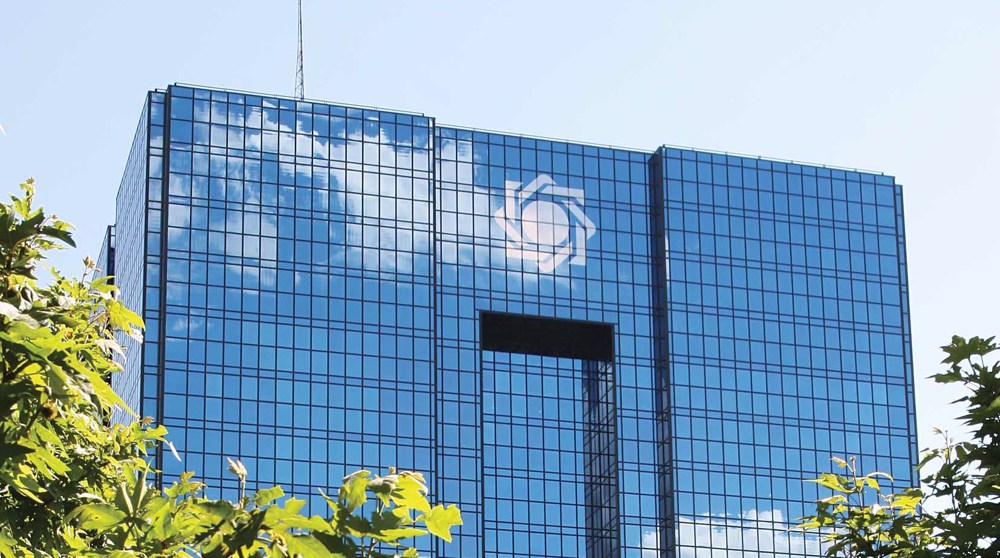Iran sees stable currency market after turbulent year
Iran’s central bank governor Abdolnaser Hemmati says the government is in full control of the currency market that was hit by turmoil last year, causing a steep rise in the prices of goods.
Hemmati issued a message on the eve of the new Iranian year which begins on Thursday, saying the Central Bank of Iran (CBI) is “at the forefront of an economic war”.
“Thanks to God Almighty and all state officials and heads of the three branches of power for their help, the central bank has preserved the value of the national currency as much as it can and now, despite the continuation of pressures, it has the necessary control over the currency market,” he wrote.
Hemmati replaced Valiollah Seif as governor of the central bank in July after Iran’s rial collapsed to a record low of 190,000 to the dollar, disrupting Iran’s foreign trade and helping boost annual inflation fourfold to nearly 40 percent.
On the unofficial market on Tuesday, the rial was trading at 128,900 per US dollar against 131,500 on Monday, the Tasnim news agency reported.
President Hassan Rouhani said on Monday the government had put a brake on the fall of rial but it had yet to return balance to the foreign currency market.
Hemmati said Iran’s negotiations with its neighbors and other trade partners to facilitate reimbursement of foreign currencies for Iranian goods had “come to a good conclusion”.
“And now more than ever, the central bank has the power to intervene in the market in line with economic objectives,” he said.
Last month, the central bank governor traveled to Iraq where the two neighbors agreed on a payment mechanism that will enable them to do business in the face of US sanctions.
Hemmati said inflation is also in check, while banking reforms are underway to bolster the country’s financial industry.
“Inflation, despite having caused some bitterness in recent months and put heavy pressure on low-income and middle class layers of the society, has lost steam and its power to prop up foreign exchange rates has gradually petered out,” he said.
The governor touched on plans to merge five banks, under which Bank Sepah will take over Ansar Bank, Ghavamin Bank, Hekmat Iranian Bank, Mehr Eqtesad and the Kowsar financial credit institution.
The central bank says the merger is “an important step with a view to maintaining stability and the health of the banking system.”
In recent years, banks and financial institutions have mushroomed in Iran, engaging more in speculative activities than finance. Marked by their high ratio of bad loans and lack of financial discipline, they are believed to be stoking high inflation rates.
The central bank has been calling for a number of Iranian lenders to merge with healthier ones to clean up the industry.
Hemmati said he hoped that with new measures being taken, including the establishment of an integrated currency market and control of bank lendings, “we will be able to curb inflation and misuse [of bank funds] and pave the way for economic boom.”
VIDEO | Germany's arms trade with Israel fuels election tensions
Nikki Haley faces protests over Israeli genocide support on Oxford visit
Iran decries Israeli aggression on Syria as ‘war crime’
Iran slams UN inaction on Israeli crimes against its citizens
VIDEO | Press TV's news headlines
VIDEO | Yemeni protesters call for military mobilization against Israel
VIDEO | Art festival honors Martyr Tehrani Moqadam’s legacy
Borrell urges sanctions on Israel for war crimes












 This makes it easy to access the Press TV website
This makes it easy to access the Press TV website